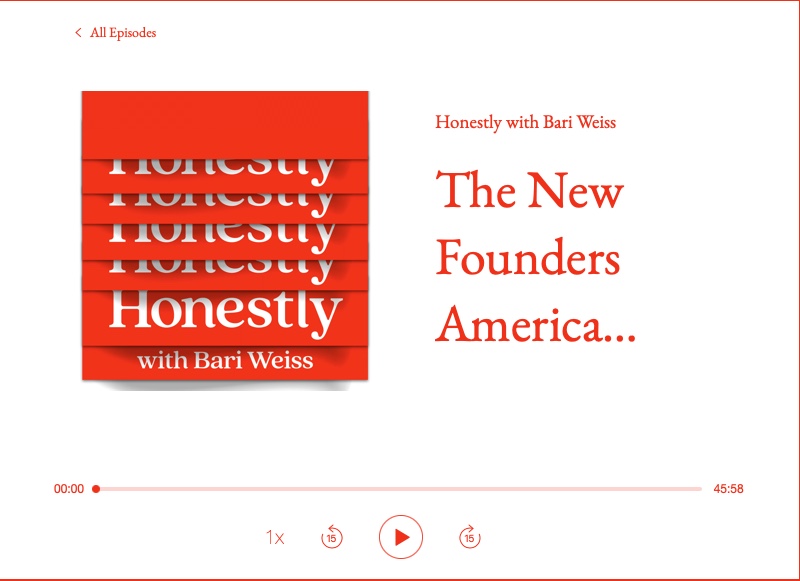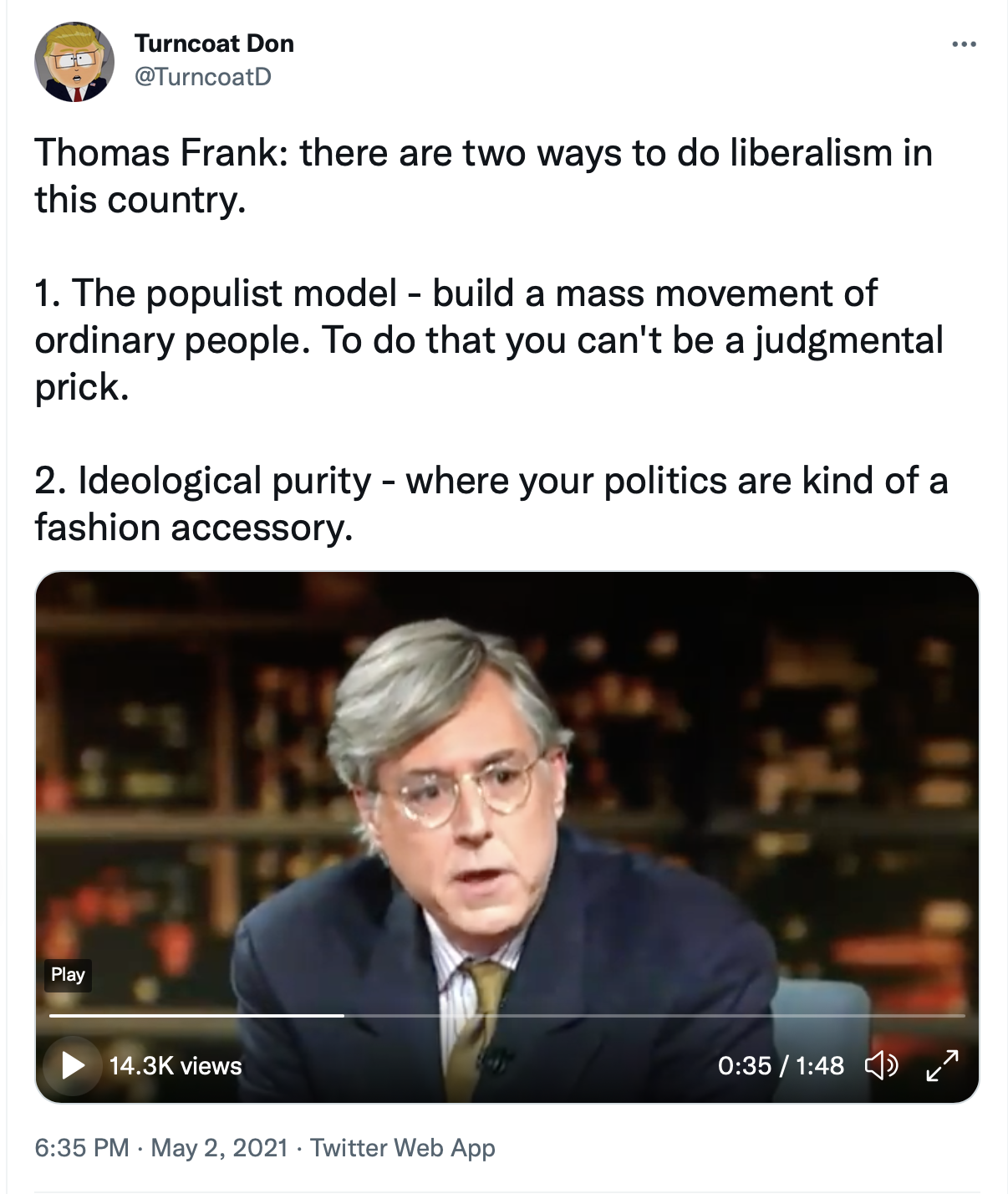Tulsi Gabbard Leaves the Democrat Party
Here are Tulsi Gabbard's reasons for leaving the Democrat Party, based on a mass emailing I received:
I can no longer remain in today’s Democratic Party that is now under the complete control of an elitist cabal of warmongers driven by cowardly wokeness, who divide us by racializing every issue and stoke anti-white racism, actively work to undermine our God-given freedoms enshrined in our Constitution, are hostile to people of faith and spirituality, demonize the police and protect criminals at the expense of law-abiding Americans, believe in open borders, weaponize the national security state to go after political opponents, and above all, are dragging us ever closer to nuclear war.I believe in a government that is of the people, by the people, and for the people. Unfortunately, today’s Democratic Party does not. Instead, it stands for a government of, by, and for the powerful elite.
I’m calling on my fellow common sense independent minded Democrats to join me in leaving the Democratic Party. If you can no longer stomach the direction that so-called woke Democratic Party ideologues are taking our country, I invite you to join me.



